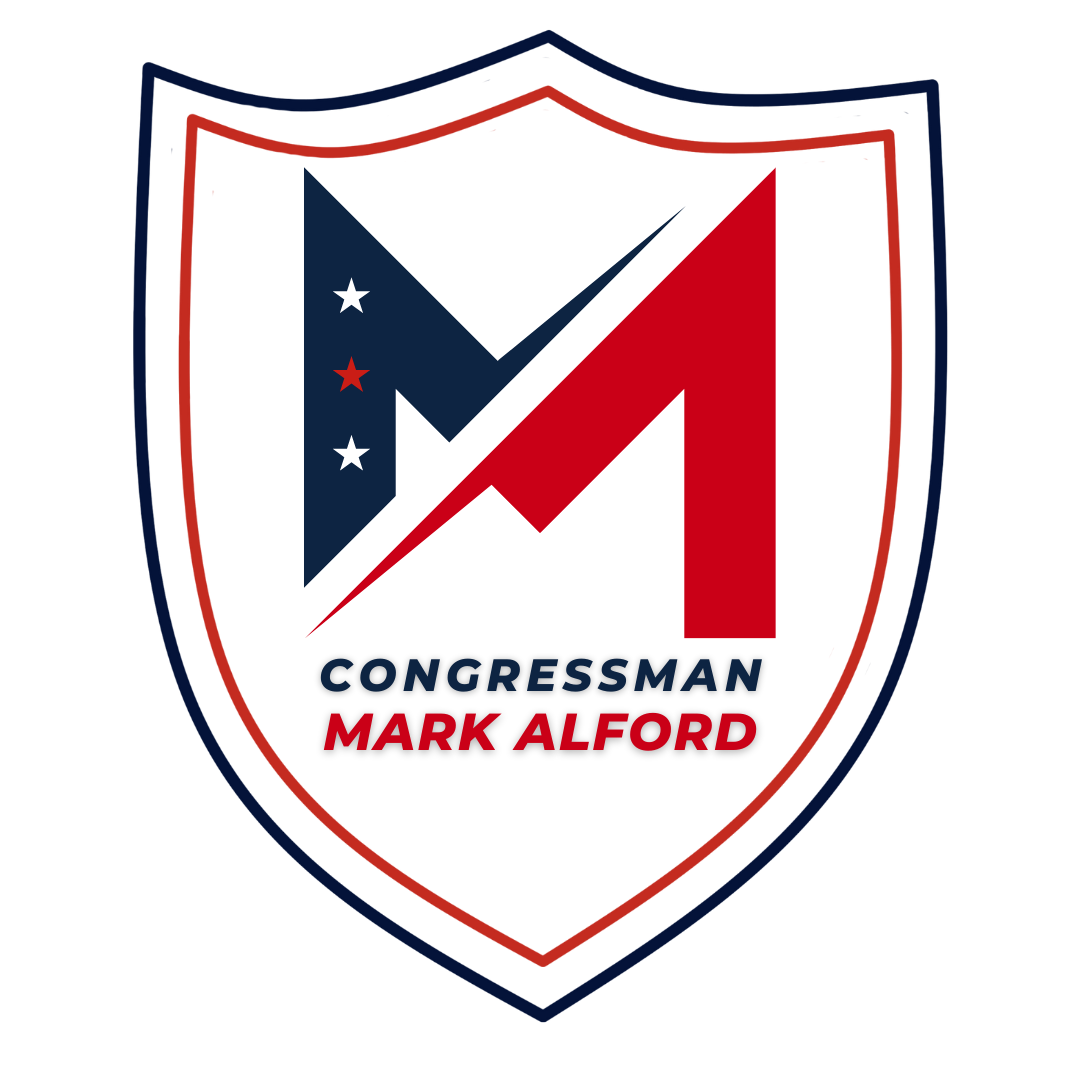Press Releases
Alford Introduces STRONG Act to Support Small Businesses with Greater Access to SBA-Backed Lending
Washington,
June 26, 2025
Today, Congressman Mark Alford (MO-04), the Chairman of the House Small Business Subcommittee on Oversight, Investigations, and Regulations, introduced the Supporting Trade and Rebuilding Opportunity for National Growth (STRONG) Act. The STRONG Act will give American small businesses greater access to financing to create jobs, support existing workers, and invest in their communities by increasing the maximum value threshold of SBA 7(a) and 504 loans. “We’re proud to introduce the STRONG Act to ensure American small businesses not only survive but thrive,” said Congressman Alford. “After four years of being crushed by inflation, supply chain bottlenecks, and overregulation under the Biden Administration, our small businesses are on the brink. Job creators and entrepreneurs desperately need support, including greater access to SBA lending, to help them make ends meet and stay in business. This critical legislation will work in concert with the One Big, Beautiful Bill and other initiatives from the Small Business Committee to finally put Main Street before Wall Street.” Read the text of the legislation here. Background:
What are 7(a) and 504 loans?
### |


